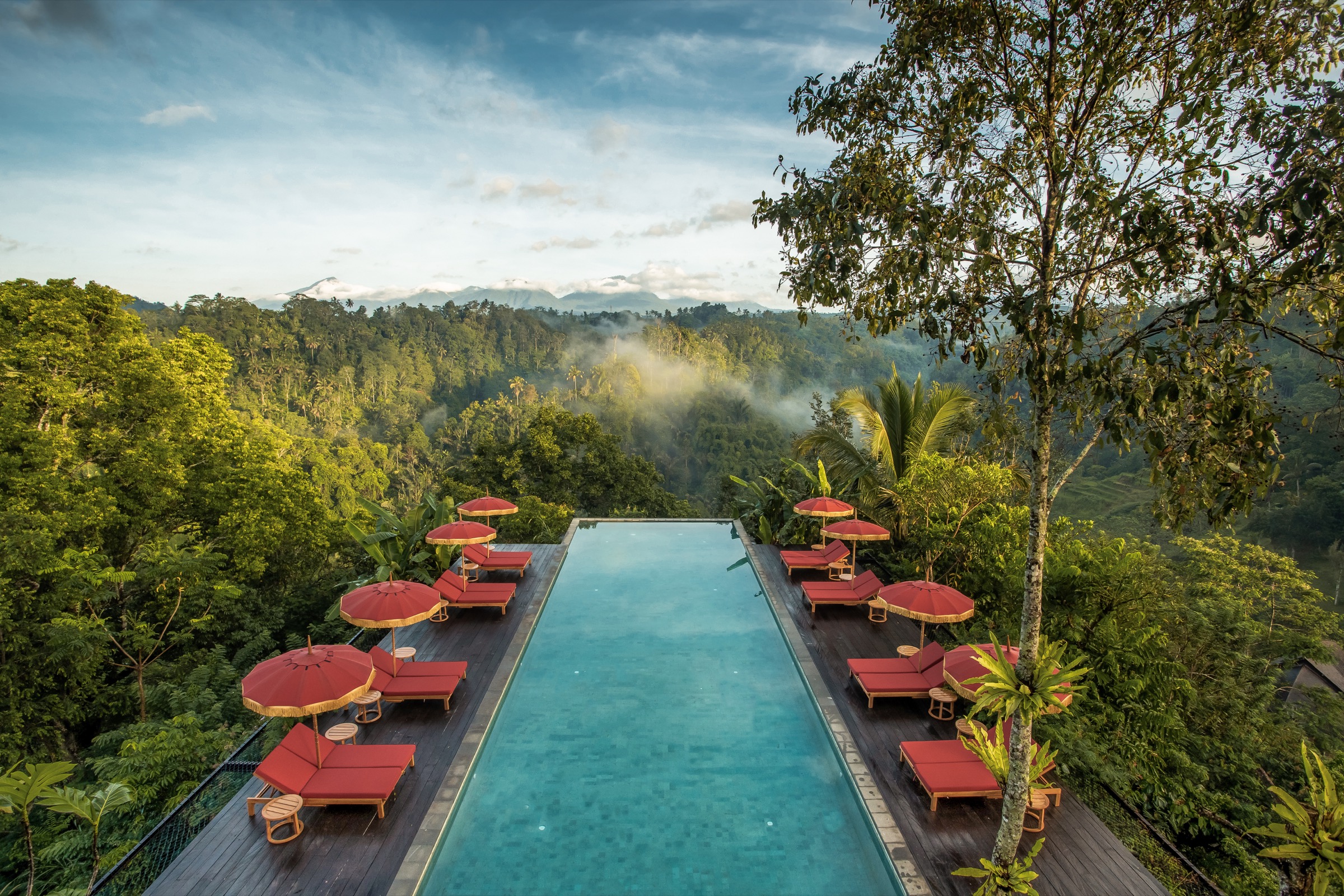
Bali has introduced a “second home visa” program that will permit visitors to reside and work in the nation for five to ten years. The aim is to draw wealthy internationals visits to Bali for an extended period. According to new legislation published on Tuesday, people with at least 2 billion rupiahs ($130,000) in their bank accounts are eligible for the new “second house visa” of five and ten years.
The new rule becomes operative 60 days after it is published, or on Christmas. According to Acting Director General for Immigration Widodo Ekatjahjana, the objective is to draw foreign tourists to Bali and other locations.
The launch is timed to coincide with both the sharp increase in foreign tourist arrivals to Indonesia as a result of airlines like Garuda Indonesia resuming international flights and the upcoming G-20 Summit in Bali in November, which is anticipated to bring in tens of thousands of delegates in addition to putting the island in the international spotlight.
According to Widodo Ekatjahjana, this is a non-fiscal incentive for some foreigners to contribute favorably to the Indonesian economy. With this visa, visitors from outside the country can stay for five or ten years and engage in a variety of activities, including investing in the country.
How to apply for a “Second Home” visa in Bali
A website-based application can be used to submit a second residence visa application. The documents needed are- a national passport that has at least 36 (thirty-six) months remaining on it.
Proof of Funds in the form of a foreigner’s or guarantor’s account with a balance of at least Rp. 2,000,000,000 (two billion rupiahs) or an equivalent amount; four millimeters by six centimeters (four centimeters by six centimeters) recent color image with a white backdrop; Academic resume (Curriculum Vitae).
Indonesia joins a list of nations from Costa Rica to Mexico that allows long-term visits to entice professionals, pensioners, and other wealthy individuals. All are attempting to capitalize on the rising demand for relocating choices as hordes of educated workers—known as digital nomads—look to continue working remotely using their newly found freedom following the pandemic.
To attract more affluent foreign investors and strengthen its economy, Thailand made a significant step this week toward allowing foreigners to buy land for housing.
Government Spokesperson Anucha Burapachaisri announced the new policy following the weekly meeting of ministers on Tuesday. It will let qualified foreigners possess up to one rai (0.4 acres) of land for residential use. The program aims to attract top professionals, high-net-worth individuals, and retirees.
